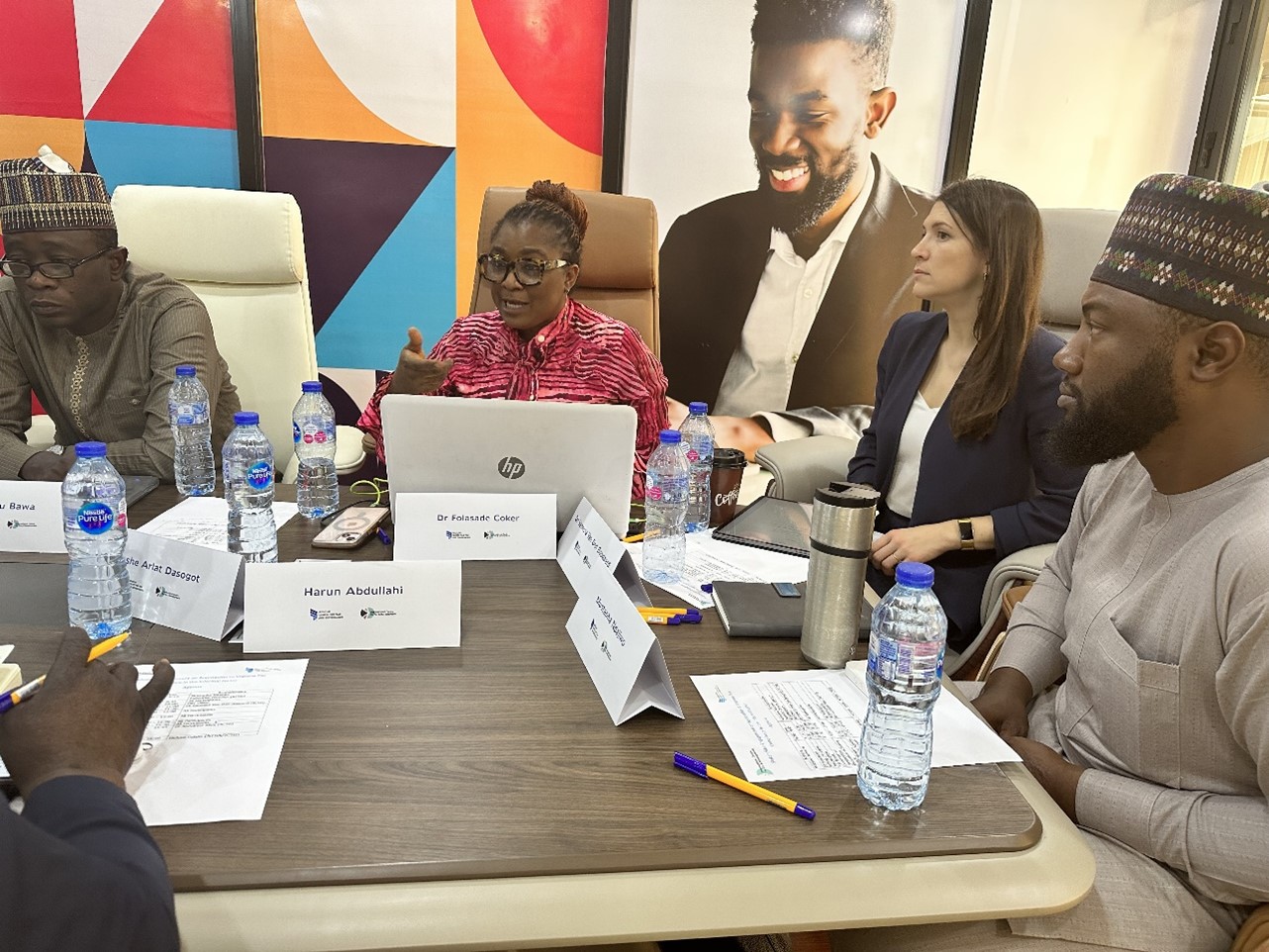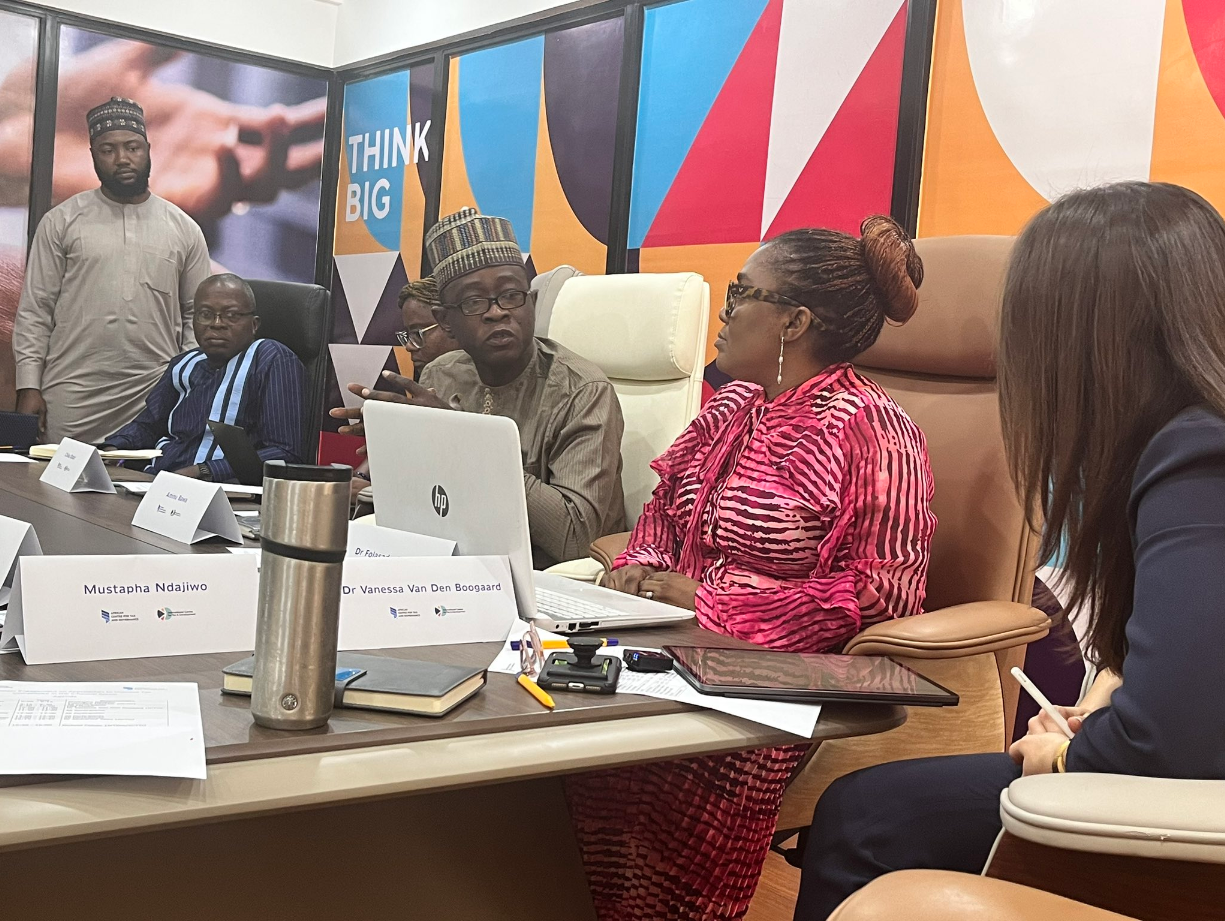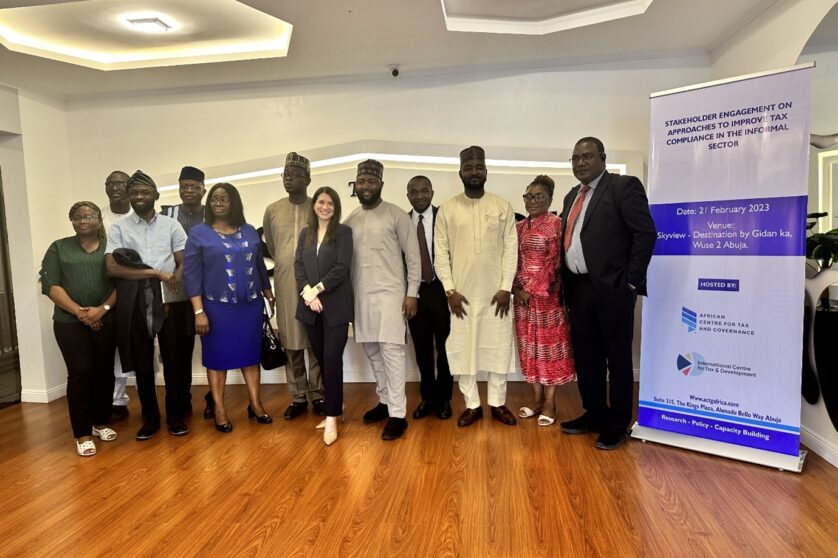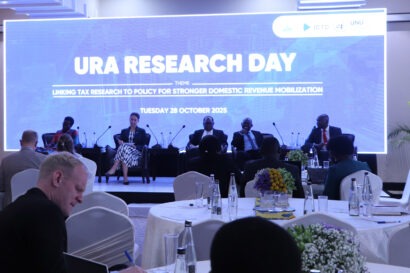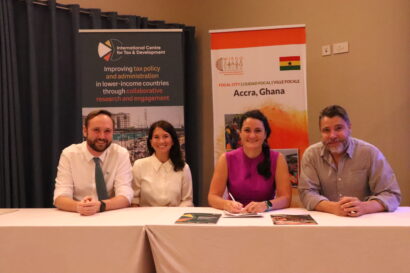Nigeria is facing a looming fiscal crisis, with its debt servicing equal to the revenue it generates. More than half the country’s economy is informal. Therefore, increasing tax compliance from this sector is a top priority.
On February 21st, the ICTD’s Nigerian Tax Research Network, in collaboration with the African Centre for Tax and Governance (ACTG) held a stakeholder engagement on approaches to tax the informal sector.
The event was held in Abuja and was attended by participants from tax administrations in Nigeria, researchers and other representatives of the International Budget Partnership (IBP). The attendees included representatives from the revenue services of Plateau State, Lagos, Eikiti, Edo, Niger, Borno, the Federal Capital Territory, and the Federal Inland Revenue Service.
In his opening address, Mustapha Ndajiwo, the Founder of the ATCG said, “Collaboration and knowledge sharing among revenue administrations in Nigeria is deeply important and revenue administrations should pursue efforts to collaborate with local researchers and organisations such as the ICTD.”
Research Presentations
Dr. Vanessa Van Den Boogaard, a Research Fellow of the ICTD made a presentation titled “Taxing the Informal Economy: Lessons Learned.” She highlighted common assumptions made about taxing the informal economy and why these assumptions are often untrue. Vanessa spoke of the importance of understanding the fiscal realities of informal workers and businesses, and how to achieve more equitable and effective taxation in the informal economy. She shared case studies from Freetown, Sierra Leone and Accra, Ghana. She argued that taxing the informal economy is not impossible but to do so effectively, policies should be evidence-based and grounded in institutional realities. She also emphasised that trust has to be built with taxpayers and the right questions must be asked on the how and why of taxing informal economies.
Dr. AbdulRauf Aliyu of the ACTG presented a case study from Niger State, describing the approach of the Niger State Internal Revenue Service and the strategies they deployed. He shared details on the technology deployed, value proposition, revenue forecast and critical success factors.
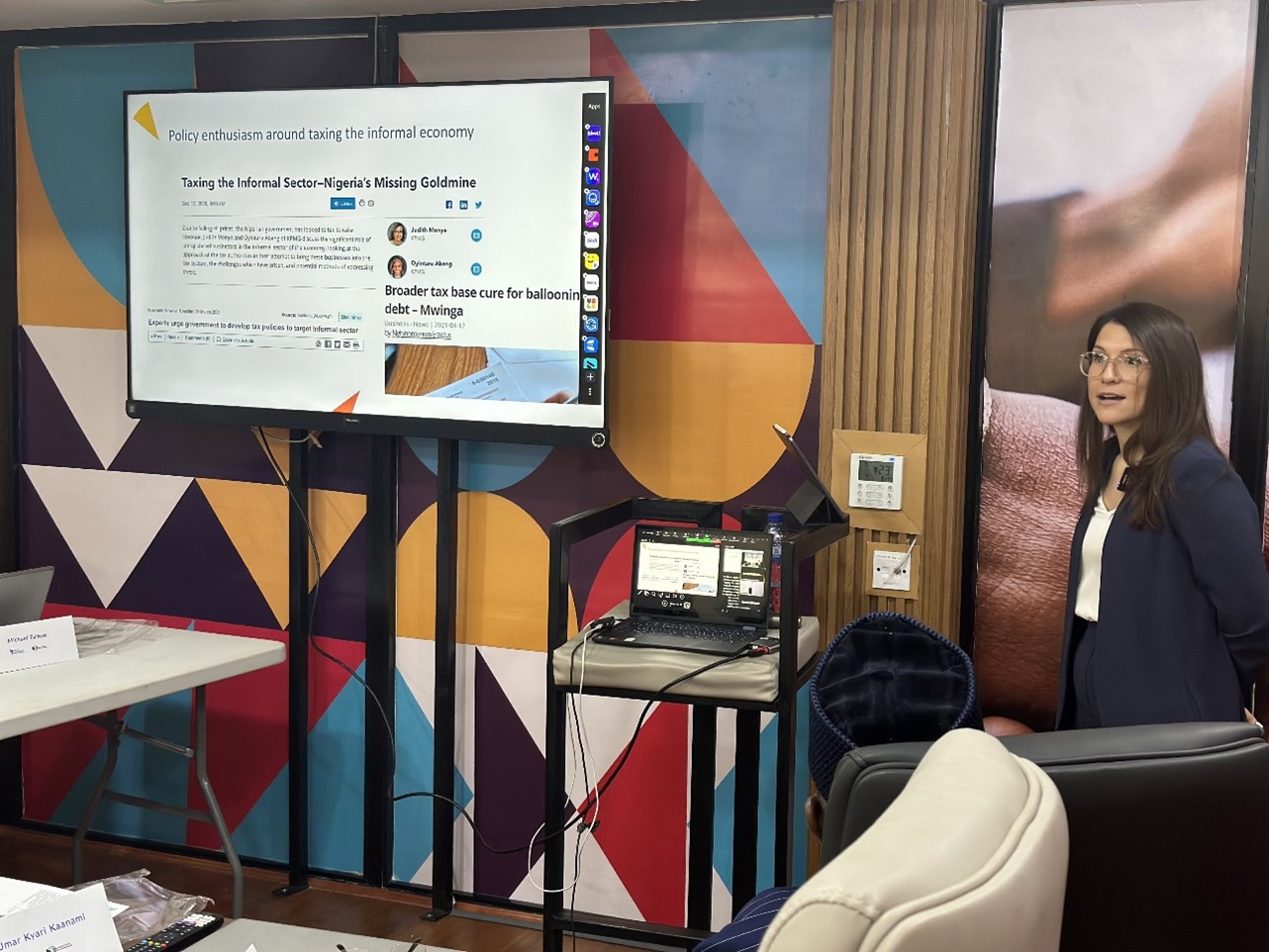
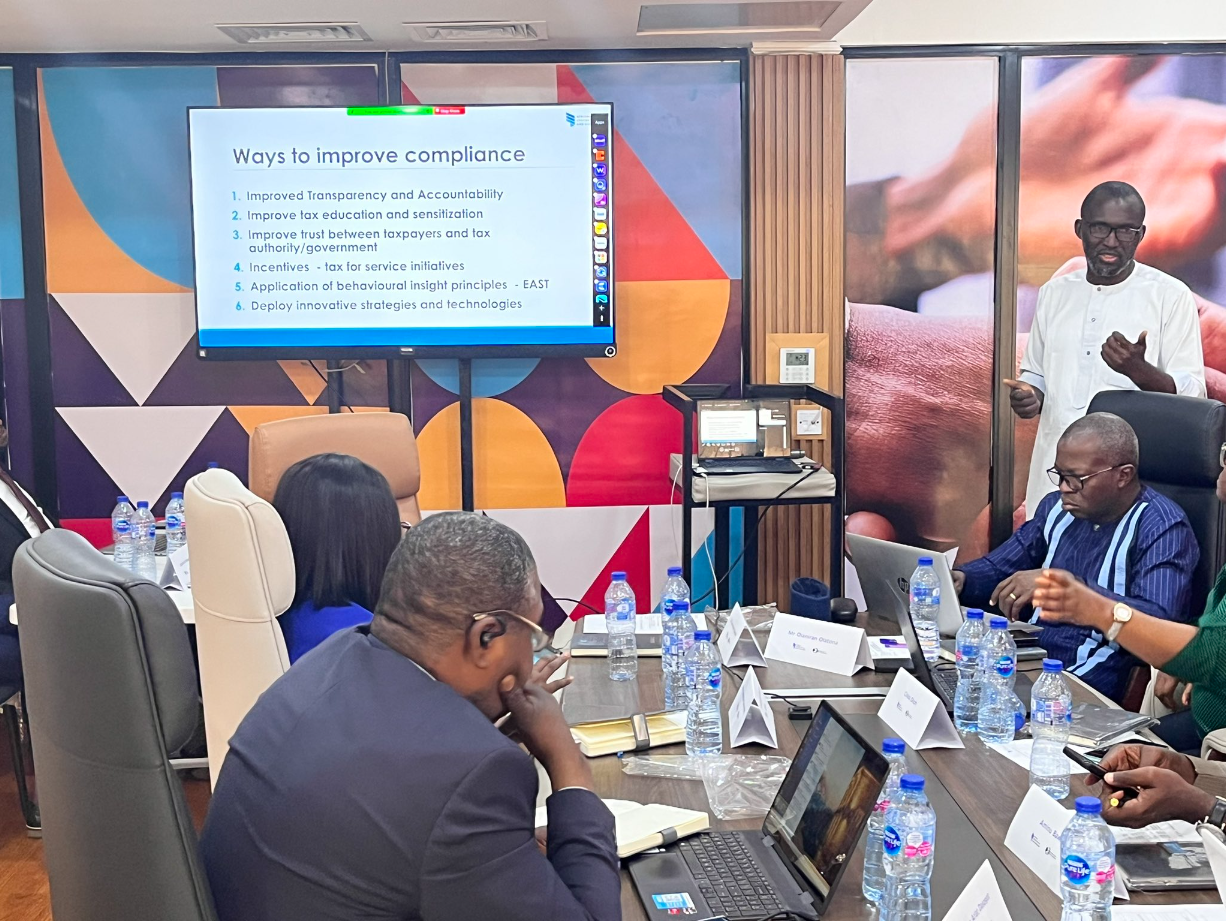
Participant Questionnaire and Peer Learning
Prior to the event, ACTG sent a questionnaire to participant revenue officials from seven states asking about their perceptions and approaches to taxing the informal economy. Respondents categorised the following as members of the informal sector: smallholder businesses, unstructured businesses, high net worth individuals, and professionals/self-employed persons that PAYE does not apply to. All respondents agreed that taxing the informal sector is a priority, while many reported that their own revenue administrations had made efforts to reform taxation of the informal sector. Some of the challenges identified were resistance and low compliance of tax payment, lack of data, and lack of specific traceable addresses for taxpayers.
The questionnaire also revealed that land administration, education, internet and entertainment businesses are currently being targeted for tax reforms. The questionnaire highlighted several general reform efforts by the revenue administrations such introducing tax identification numbers, taxpayer education, and automation of processes and collection among efforts. The majority of respondents said they have a digital transformation strategy in place, with Sokoto Internal Revenue Service being the only one without one.
There was also a peer learning session, where participants had the chance to share experiences and insights and ask questions and share lessons with one another, as well as identify areas for potential partnership and collaboration.
